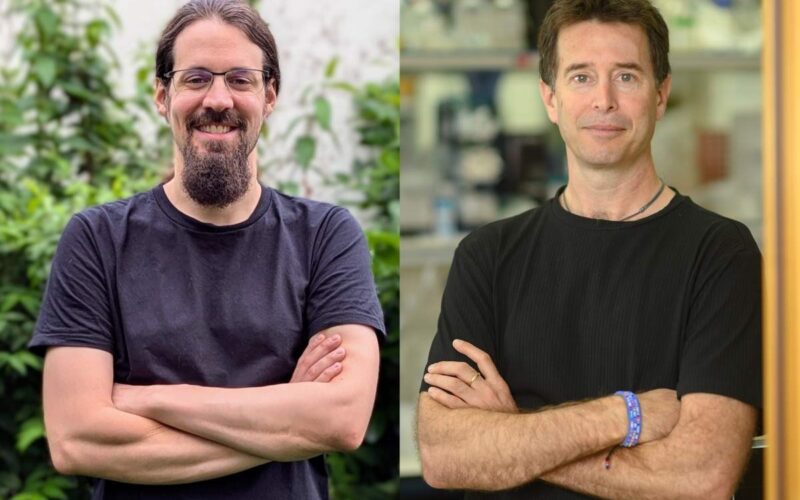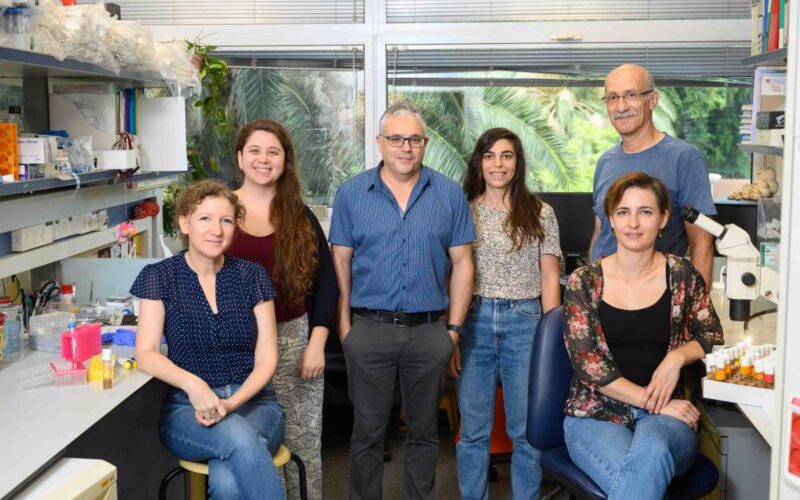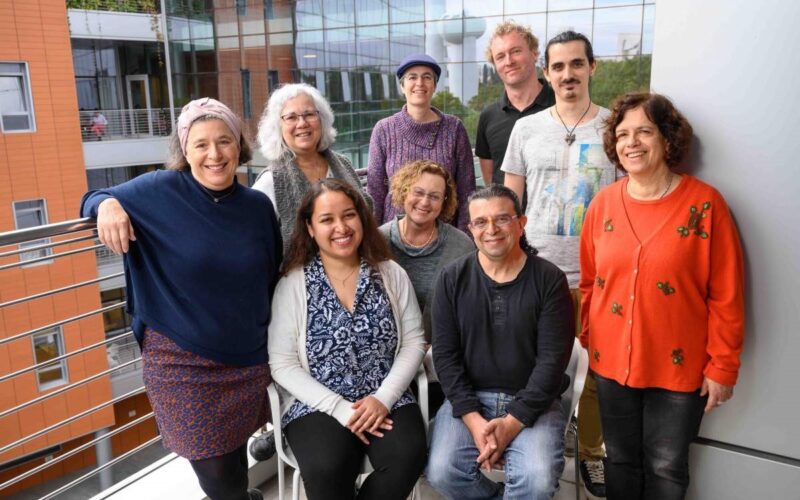
June 5, 2016
At some point in our lives we have all had to consciously use our brains to learn at school, university and work – dreaming of how great it would be to do it subconsciously. Now Weizmann Institute of Science researchers have shown that in the future this could be possible.
In a study recently reported in the Proceedings of the National Academy of Sciences, Weizmann scientists showed that direct learning can occur when a person is not conscious of it taking place.
The experiment involved 16 subjects who were given rewarding or negative stimuli while functional magnetic resonance imaging (fMRI) monitored their brain activity. Study participants were advised that the researchers were looking at their response mechanisms and when they heard a positive or pleasant tone they would receive a reward, in this case money, and when they heard a negative or nasty tone, they would receive a punishment, here a fine.
What the researchers were doing was delivering the positive stimuli when the fMRI picked up a certain type of brain activity that occurred spontaneously in a particular area of the brain and delivered the negative stimuli when a very different type of brain activity showed up in the same area. After five days the brain patterns responding to the positive stimuli increased in that area of the brain because the neuronal connections to other regions of the brain were strengthened.
This way of strengthening brain patterns with reward stimuli – called neurofeedback – is not new but subjects are usually aware of the training and are actively involved. In this study the subjects were not aware they were being taught something. When they were questioned afterwards they confirmed that they had no idea they were learning.
Research leader Professor Rafael Malach said future learning does not necessarily mean the brain has to be focussed on the subject at hand and if further developed, this method could be used for depression or mood disorders.
“We’ve supported the notion that our brains can learn in a focused and directed manner even when we are not conscious of a learning process,” Professor Malach said.
“In the future, the method may be extended to achieving improved cognitive and brain function in individuals who are interested in training but lack the resources to focus – for example, those who are severely depressed or suffer from attention disorders.
“However the approach is not ready for immediate application because it necessitates the use of advanced fMRI research technology. Also, the changes we have induced in neuronal networks have been very mild and transient, so the method requires a lot of further optimisation and testing. But we’ve shown how brain circuits can be trained in a targeted manner below the threshold of awareness.
“In addition, this study, along with other research in our lab, suggests that the still-mysterious spontaneous fluctuations in brain activity can be harnessed for such subconscious training. Future research, therefore, may explore how neurofeedback can be employed to alter, and hopefully improve, brain connectivity,” he concluded.






